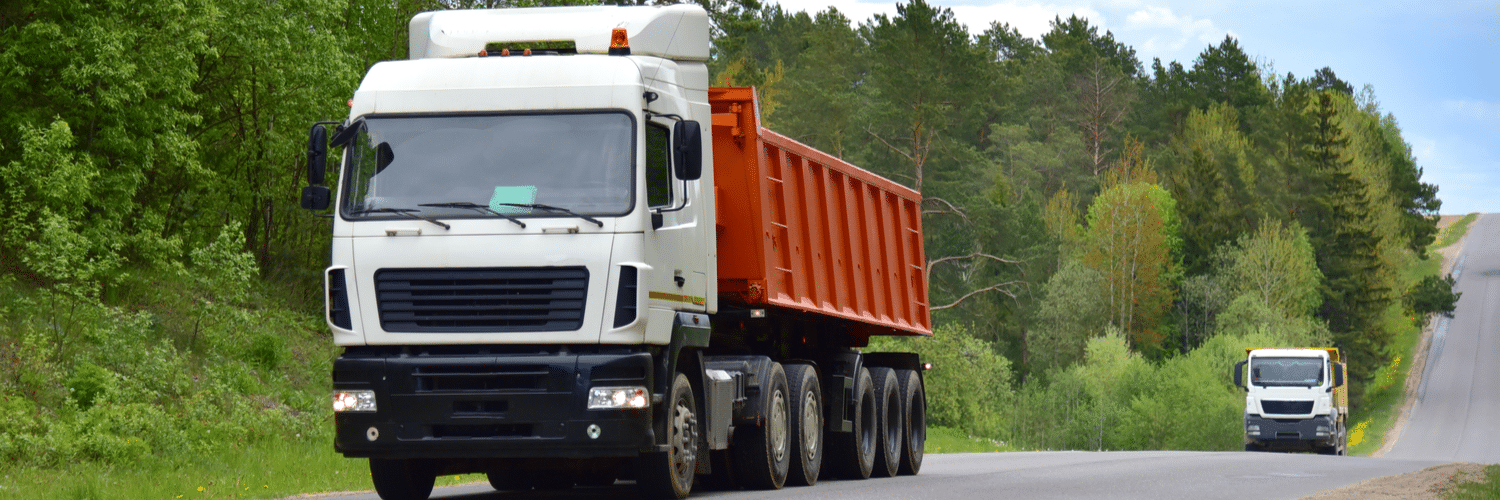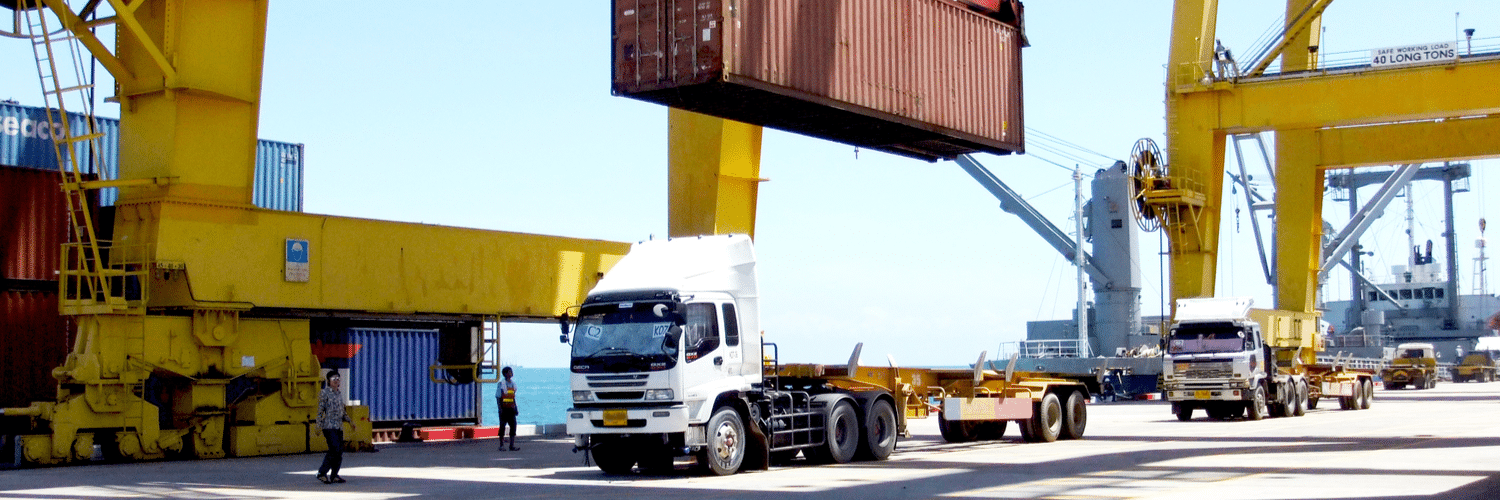- What is it?
Trailer interchange insurance is essentially physical damage coverage for non-owned trailers. The insurance normally covers various causes of damage to towed trailers that a business doesn’t own.
- Who’s it for?
This can include almost any business within the freight industry. Distributors, wholesalers, and local, regional and even national transporters frequently purchase coverage.
- What is offered?
Non-owned trailer coverage usually fills in this gap, protecting non-owned trailers against damage sustained in both vehicle accidents and non-accident incidents.
Trailer Interchange Coverage in California
What is trailer interchange insurance?
Non-owned trailers generally aren’t insured by a commercial trucking business’s standard physical damage coverage. To cover others’ trailers, California trucking businesses usually need trailer interchange insurance.
Trailer interchange insurance is essentially physical damage coverage for non-owned trailers. The insurance normally covers various causes of damage to towed trailers that a business doesn’t own.
What California businesses need non-owned trailer coverage?
Most California businesses that tow trailers via interchange agreements should have non-owned trailer coverage. Freight brokers often require the coverage when trailers are interchanged.
This can include almost any business within the freight industry. Distributors, wholesalers, and local, regional and even national transporters frequently purchase coverage.
Get A Quote!

What incidents do non-owned trailer coverage extend to?
Depending on a policy’s terms, non-owned trailer coverage might extend protection to a variety of incidents. These may include:
- Collision
- Theft
- Vandalism
- Fire
- Explosion
- Other incidents
Do physical damage coverage and comprehensive coverage protect non-owned trailers?
Physical damage coverage and comprehensive coverage can provide important protections for trucks and owned trailers. Physical damage may protect against damage occurring in multi-vehicle accidents, while comprehensive may protect against damage caused by animal collisions, falling trees, theft/vandalism and other non-accident incidents.
In either case, though, both physical damage and comprehensive are limited to equipment that a business owns. They’re unlikely to insure non-owned trailers against any damage or loss.
Non-owned trailer coverage usually fills in this gap, protecting non-owned trailers against damage sustained in both vehicle accidents and non-accident incidents.
Does trailer interchange coverage protect trailers when they’re parked?
Depending on a policy’s terms, trailer interchange coverage may protect non-owned trailers against damage for the duration that they’re a business’s responsibility. Coverage for when trailers are being towed, are disconnected and parked, are connected and parked, and are loading and unloading is readily available.
An insurance agent who specializes in trailer interchange coverage can help businesses make sure their non-owned trailers are properly insured for the entire duration of their interchange agreements.

Does trailer interchange coverage protect cargo against loss and damage?
The protections afforded by trailer interchange coverage normally only apply to non-owned trailers themselves, and not to any cargo that might be in them. Cargo is typically protected via separate cargo insurance coverage.
Separating out these coverages makes it easy for businesses to customize their policies according to the equipment and cargo that they haul.
Can trailer interchange coverage be added to any trucking insurance policy?
Trailer interchange coverage can easily be added to many trucking insurance policies. This is common protection that freight companies and others in the trucking industry need.
A knowledgeable insurance agent can help set up a trucking insurance policy that includes trailer interchange coverage, along with physical damage coverage, comprehensive coverage, cargo coverage and any other needed protections.
How much are premiums for interchange coverage?
Premiums for interchange coverage are affected by how many interchange agreements a business has, what sorts of trailers are accepted under interchange agreements, where those trailers are towed, and many other factors. Premiums for the coverage thus differ from situation to situation.
This coverage tends to be quite affordable, even with the many factors that can impact the cost. An independent insurance agent can help businesses find out exactly how much coverage that meets their needs will cost.
How can trucking businesses in California get trailer interchange insurance?
For help insuring non-owned trailers, contact the independent insurance agents at Truck Writer Insurance Services. Our California agents are well-versed in commercial trucking coverages, and we’ll make sure you find trailer interchange insurance that provides the non-owned trailer coverage your business needs.
What People Say About Truck Writers Insurance Services
Ron is the man. I used Ron to get my limousine insurance with CPUC for the past 3 years. It’s always a great experience and easy to get my policies and payments done without going to their office. This is the man to beat if you’re looking for cost-effective and reliable commercial insurance!

